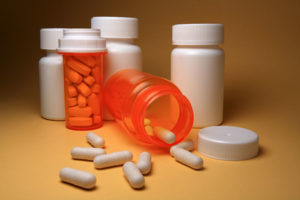 Updated recommendations on the optimal antithrombotic treatment of patients with atrial fibrillation (AF) receiving oral anticoagulants after undergoing percutaneous coronary intervention (PCI) have been published this week in the journal Circulation.
Updated recommendations on the optimal antithrombotic treatment of patients with atrial fibrillation (AF) receiving oral anticoagulants after undergoing percutaneous coronary intervention (PCI) have been published this week in the journal Circulation.
The recommendations are the latest in a series of North American consensus statements on antithrombotic therapy for AF patients post-PCI, which were last updated in 2018 and reflect recent clinical trials in the field.
Authored by a group led by Dominick J Angiolillo (Florida College of Medicine, Jacksonville, USA), the updated recommendations acknowledge that a growing number of patients undergoing PCI with stent implantation also have AF. “This poses challenges for their optimal antithrombotic management because patients with AF undergoing PCI require oral anticoagulation for the prevention of cardiac thromboembolism and dual antiplatelet therapy for the prevention of coronary thrombotic complications,” Angiolillo et al note.
Reflecting recent research in the field the group recommends that in patients with AF undergoing PCI, a non–vitamin K antagonist oral anticoagulant is the oral anticoagulation of choice.
Dual antiplatelet therapy with aspirin and a P2Y12 inhibitor should be given to all patients during the peri-PCI period—during inpatient stay, until time of discharge, up to one week after PCI, at the discretion of the treating physician—they note, after which the default strategy is to stop aspirin and continue treatment with a P2Y12 inhibitor, preferably clopidogrel, in combination with a non–vitamin K antagonist oral anticoagulant.
In patients at increased thrombotic risk who have an acceptable risk of bleeding, the group adds, it is reasonable to continue aspirin for up to one month. Double therapy should be given for six to 12 months with the actual duration depending on the ischaemic and bleeding risk profile of the patient, after which patients should discontinue antiplatelet therapy and receive oral anticoagulation alone.












